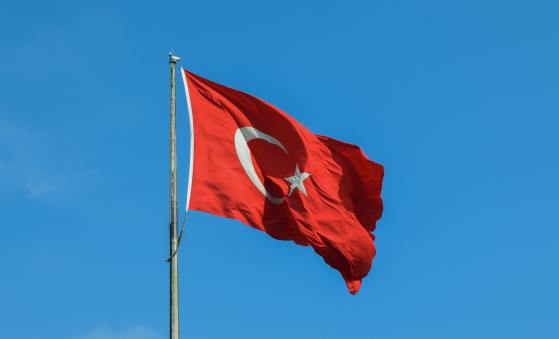
A Catholic priest in Spain faces up to three years in prison after being found guilty of making remarks critical of Islam, in a case that has sparked debate over the limits of free expression in the country.
On October 1, the Provincial Court of Málaga convicted Rev. Custodio Ballester, a priest from Barcelona, of making “Islamophobic” comments during a 2017 online talk show and in written publications. Sentencing has yet to be announced.
Ballester told the Catholic News Agency (CNA) that the ruling poses a serious threat to freedom of speech in Spain. “The survival of freedom of expression in today’s Spain depends on the ruling in this case,” he said. “Otherwise, we’ll head toward a new Cuban dictatorship, one where you arrest people for what you said as well as for what you thought.”
A former special forces soldier, Ballester said his remarks were neither hateful nor discriminatory. Speaking outside the court, he remained composed: “This is the final hearing, and now we await the result. In the army, we said, ‘Prepare for the worst. The easy stuff is already planned for.’ That’s why I’m calm.”
The case centers on Ballester’s 2016 article, “The Impossible Dialogue with Islam,” and statements he made during the talk show La Ratonera in 2017. In response to a pastoral letter by Cardinal Juan José Omella of Barcelona encouraging Christian-Muslim dialogue, Ballester wrote that such dialogue was unrealistic, claiming that Islam “does not allow for dialogue” and that “you either believe or you are an infidel who must be subdued.”
He also denounced Christian persecution by Islamist groups in countries such as Nigeria, Syria, and Bangladesh.
The Association of Spanish Muslims Against Islamophobia filed a complaint, leading to prosecution under Article 510 of Spain’s Penal Code, which criminalizes public expressions that incite hatred, hostility, discrimination, or violence on religious or ethnic grounds. The law, expanded in 2015 to cover online speech, carries penalties of one to four years in prison. The prosecutor has requested a three-year term for Ballester.
Two others, Rev. Jesús Calvo and journalist Armando Robles, are also accused of making similar remarks during the same broadcast.
The case has prompted public outcry. Nearly 30,000 people have signed a petition by the Christian legal group Abogados Cristianos (Christian Attorneys), calling the verdict “a double standard” that fails to protect Christians from verbal attacks.
“They will never censor the criticism, disrespect, or continuous offenses broadcast on television against Catholics,” the group said in a statement. “But if we tolerate this injustice against Father Custodio, we will be setting a fatal precedent.”
If the conviction is upheld, Ballester has said he intends to appeal to the European Court of Human Rights, arguing that his case is a test of religious freedom and freedom of expression in modern Spain.
Adapted from CDI.




